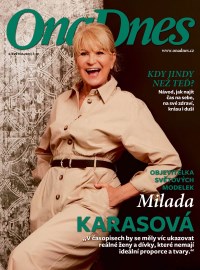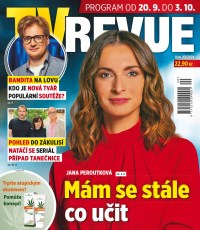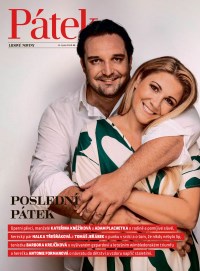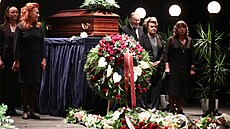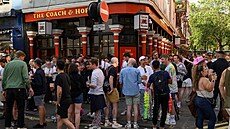WONDER
- 17. 4. 2024, 10:30

PROBLEMS. Seg 1 Monty Hall problem. The Monty Hall Problem poses a counter-instinctive dilemma of picking a choice with a higher probability of winning. It has been calculated that switching from a player’s initial choice to the last option possible, after eliminating all empty choices, instead of sticking with the initial choice gives a bigger chance of winning. Seg 2 The Birthday Problem. The Birthday Problem presents a situation that addresses brains’ unintuitive response to exponents. We try to figure out why it’s possible for only 23 people to have a 50% chance of sharing a birthday when there are 365 unique birthdays. The dilemma usually comes in when we gloss over the fact that even small groups can form several pairings, and we actually compute the probability of sharing a birthday by subtracting the chances of not sharing a birthday by multiplying individual probabilities with each other. The answers can be quite surprising when the math to be done is not instinctive for people. Seg 3 Gambler’s ruin. Gambler’s Ruin closes in on how a gambler with the smaller amount will always be the loser in the long run in a game of 50-50 chance with an indefinite number of rounds playing. Gambler’s Ruin also debunks the ‘luck’ factor by emphasizing that each round played has its separate probability from previous rounds, thus maintaining chances of winning at 50%. Seg 4 The Infinite Hotel Paradox. The Infinite Hotel Paradox shows how infinity, for all its vastness, cannot be fully grasped, especially when it goes beyond the confines of the countable infinity. The paradoxical part comes in when the union of two sets with infinite elements will still be infinity; adding, subtracting, multiplying, or dividing infinity with infinity is still infinity. Seg 5 The Locker Riddle. The Locker Riddle stimulates how good and fast a person is at factorization. In the problem, the key is identifying which numbers from 1-100 are perfect squares, but the solution lies in the number of factors those particular numbers have. Perfect squares have odd numbered factors because one factor will be multiplied by itself and it only counts as one in the riddle’s context, leaving those locker numbers open in an alternating open-close pattern.
Hlavní zprávy

Bakterie z vody letos zabíjí častěji, zemřelo už 23 lidí. Řada nákaz uniká
Kromě jiných infekcí se v Česku letos více šíří i smrtelnější legionářská nemoc, která se nejčastěji projevuje těžkým zápalem plic. Původcem je bakterie... celý článek

Díky životnímu pojištění můžete ušetřit na daních. Na co máte nárok
Daňové zvýhodnění příspěvků na životní pojištění doznalo změn. Zatímco ještě za rok 2023 bylo možné si od základu daně odečíst maximálně částku 24 000 korun,... celý článek

Nadávat za volantem může být terapie. Jak říkáte ostatním na silnici vy?
Nadáváte za volantem? A jaké nadávky používáte? A nadáváte přímo konkrétnímu člověku nebo spíše jen tak do vzduchu? Nejste v tom sami. Jedno správně zvolené... celý článek




